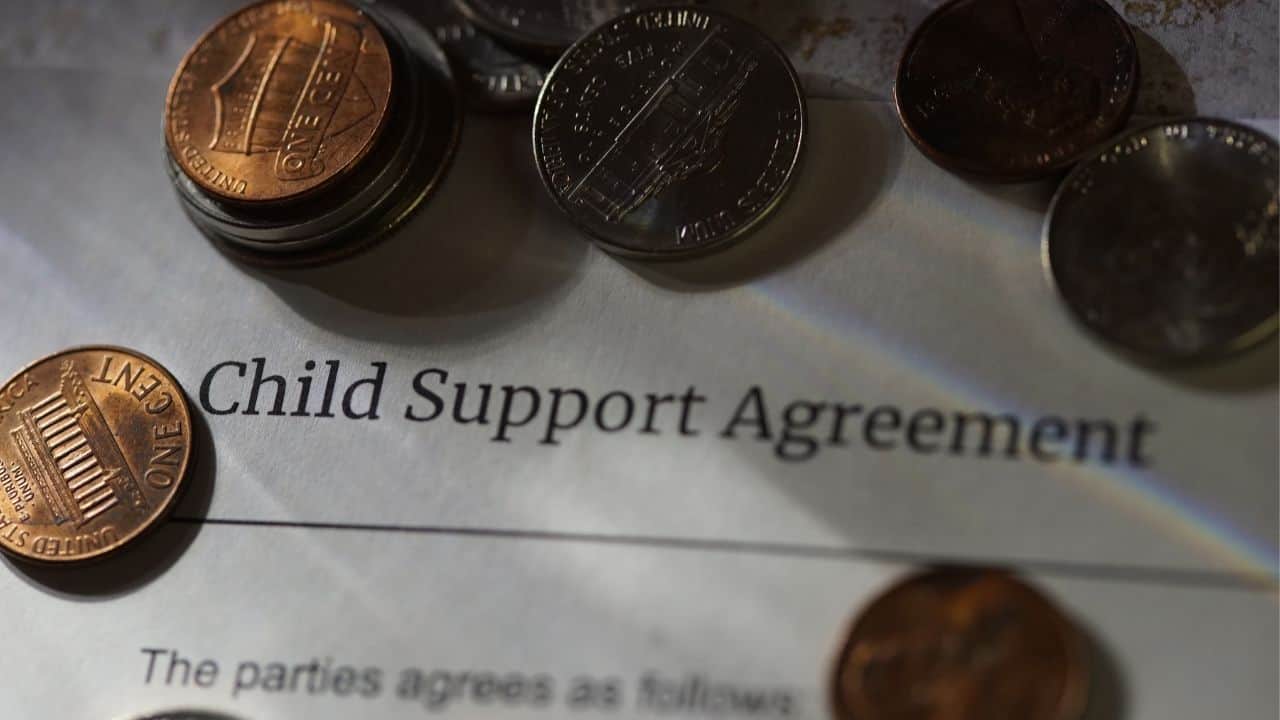
Child Support in Texas: What Happens When The Unexpected Happens?
Child support in Texas can be confusing and controversial on a typical day – so what happens when the unexpected happens? Like when a parent loses a job? Passes away suddenly? Or goes to jail?
The Texas Family Code has provisions in place to deal with unexpected situations. In this blog post, our family law attorneys answer some frequently asked questions about child support in Texas when life throws a curveball.
What happens to child support in Texas when the non-custodial parent loses their job?
If the non-custodial parent loses their job, he or she is still obligated to pay child support. They cannot just stop paying. However, the unemployed parent can seek to have their child support modified (decreased) through a court hearing or a review by the Texas Office of the Attorney General (OAG) due to a “material and substantial change in circumstances.”
If you have lost your job or have a significant decrease in income, it’s important to contact a family law attorney or the OAG as soon as possible and let them know your circumstances. In the meantime, do everything in your power to continue to pay your child support in full and on time.
My ex-spouse passed away unexpectedly. Will I still receive child support?
Yes, child support obligations do not end even when the non-custodial parent passes away. According to Texas Family Code Section 154.013, child support obligations “do not terminate on the death of the obligee but continue as an obligation to the child named in the support order.”

When a non-custodial parent dies, future child support payments accelerate and become the responsibility of the deceased’s estate. The family court that issued the child support order will calculate the amount of unpaid child support owed in the future for each child. The surviving parent may receive a lump-sum payment from the decedent’s estate to cover future child support obligations. A life insurance policy also could be used to secure future child support payments.
If the non-custodial parent goes to jail or prison, will they still owe child support?

Yes, court-ordered child support does not stop automatically when someone is incarcerated. The only way a parent can stop or change it is by petitioning the court to modify the existing child support order. There are a couple ways to do this while behind bars – either by representing yourself or with the help of a friend or a family member on the outside:
* Hire a private attorney to file the necessary documents to modify the child support order; or
* Ask the Office of an Attorney General for a “review and adjustment of their order” by completing an “Inquiry Form for Incarcerated Parents.” The OAG can then file the necessary paperwork in family court on behalf of the jailed parent.
It is not uncommon for judges to halt or adjust child support payments once the proper paperwork has been filed. Under Section 156.401(c-1) of the Texas Family Code, incarceration for more than 180 days is considered a substantial change in circumstances that can result in a child support modification.
I married someone wealthy. Will my child support payment go up?
No. Texas does not consider the income of a new spouse – or the combined household income – when calculating child support. The child support formula is based solely on the net monthly income of the non-custodial, or paying, parent. In other words, if you remarry, the income of your new spouse – the child’s stepparent – will have no bearing on how much you pay in child support.
My ex moved out of state? Does he still have to pay child support in Texas?
Yes, if the non-custodial parent lives in another state, he or she is still obligated to pay child support in Texas. Congress enacted the Uniform Interstate Family Support Act (UIFSA) to help states collect child support across state lines. For example, Texas could send a withholding order directly to the employer of an out-of-state noncustodial parent, requiring them to deduct child support from the paying parent’s wages.
UIFSA makes it possible for all state and tribal support agencies to pursue child support enforcement, including locating a parent and taking steps to collect child support, without having to start a new child support case in every state where the noncustodial parent lives or works.
Do you have to pay child support in Texas if you get Supplemental Security Income (SSI)?
Supplemental Security Income (SSI) provides monthly cash payments to low-income adults and children with disabilities, as well as to blind or low-income seniors. If you are receiving SSI benefits at the time of your divorce – and it is your only source of income – you should not be required to pay child support. This is because SSI is not considered income.
Will I have to pay child support if I was awarded Social Security Disability Insurance (SSDI) in Texas?
Social Security Disability Insurance (SSDI) offers monthly cash benefits to individuals who are severely ill or injured and can no longer work. If you receive SSDI benefits, it is considered income and, therefore, will be considered when calculating your child support obligation. So yes, you are still required to pay child support if you are receiving SSDI in most cases.
I’m having a baby with my new spouse. Will my child support decrease?
In Texas, having additional children constitutes a material and substantial change in circumstances, which means you can seek a modification to your child support obligation after your other child is born. Under Chapter 154 of the Texas Family Code, child support is determined by your net monthly income and how many children you have an obligation to support.
So if your child support obligation is currently 20 percent of your net monthly income for one child, and you later have a new child with your new spouse, your child support obligation will be reduced to 17.5 percent of your net monthly income. Please take a moment to watch this video by Fort Worth family law attorney Turner Thornton.
Need a Child Support Modification? Contact Us.
We realize that circumstances change and that it may be necessary to modify the terms of your child support. We serve clients in Fort Worth and the surrounding areas. Give us a call at 817-900-3220 to schedule a consultation.



